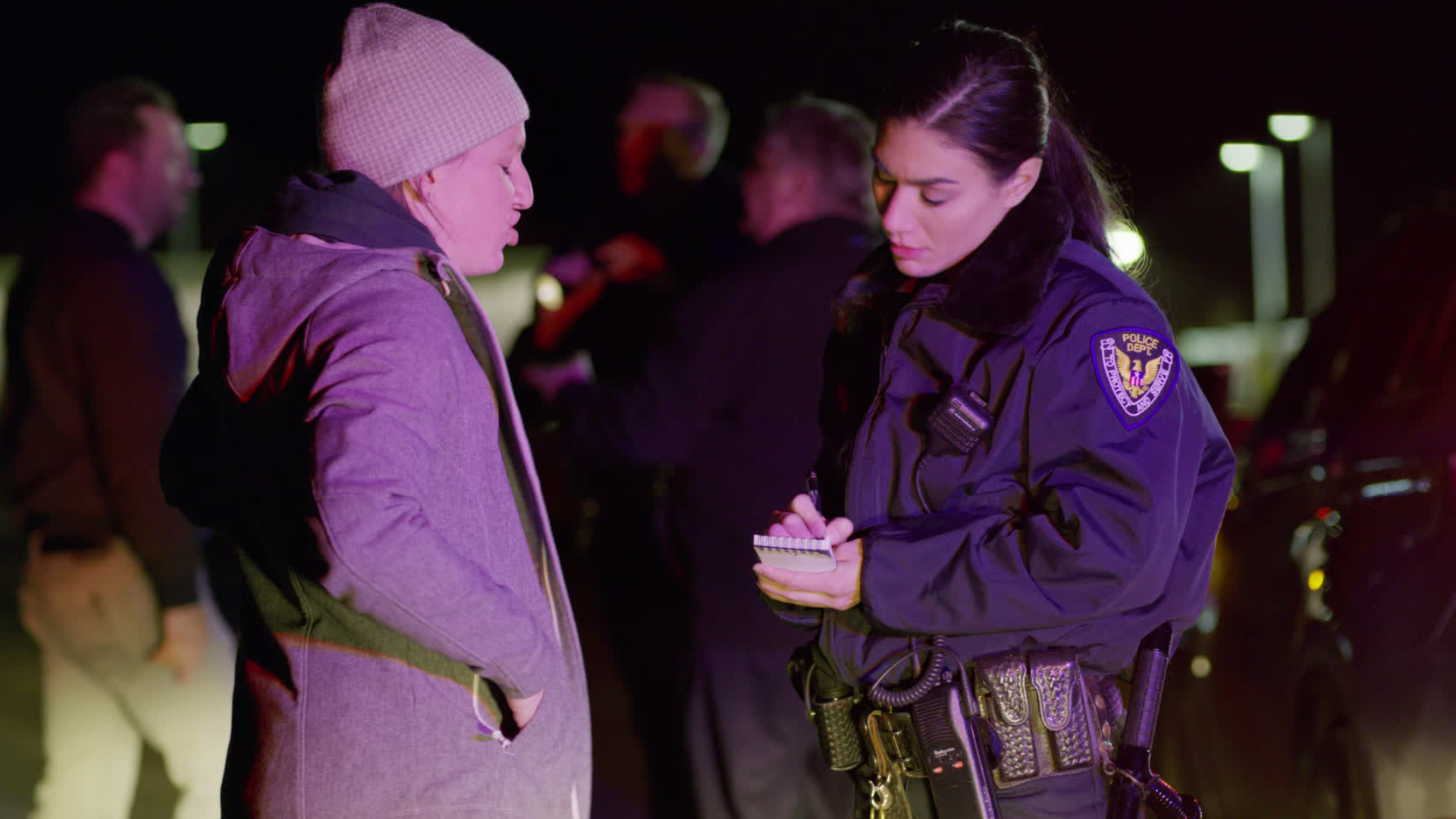Transit & Railroad Police
Patrolman, Railroad Police, Railroad Police Officer, Transit Police Officer
 Select a military branch to see samples.
Select a military branch to see samples.
Security Forces; Security Forces Apprentice, Combat Arms; Security Forces Craftsman, Combat Arms; Security Forces Helper, Combat Arms; Security Forces Journeyman, Combat Arms; Security Forces Superintendent; Special Reconnaissance Craftsman; Special Reconnaissance Journeyman; Tactical Air Control Party (TACP) Apprentice; Tactical Air Control Party (TACP) Helper
Military Police; Senior Military Police Sergeant
Gunner's Mate; Investigations; Investigator; Marine Safety Specialist Deck; Marine Safety Specialist Response; Maritime Law Enforcement Specialist; Weapons Specialty
Antitank Missile Gunner; Critical Skills Operator; Infantry Unit Leader; Light Armored Reconnaissance (LAR) Operations Chief; Light Armored Reconnaissance (LAR) Unit Leader; Light Armored Reconnaissance Marine; Low Altitude Air Defense (LAAD) Gunner; Military Police; Operations Chief; Rifleman
Individual Augmentation Support Assignment-Military Police (MP) (Law and Order Specialist); Master-At-Arms
No similar titles were found.
What they do:
Protect and police railroad and transit property, employees, or passengers.
On the job, you would:
- Prepare reports documenting investigation activities and results.
- Monitor transit areas and conduct security checks to protect railroad properties, patrons, and employees.
- Apprehend or remove trespassers or thieves from railroad property or coordinate with law enforcement agencies in apprehensions and removals.
Knowledge
Safety and Government
- public safety and security
- law and government
Arts and Humanities
- English language
Business
- customer service
- management
Transportation
- movement of people or goods by air, rail, sea, or road
Skills
Basic Skills
- listening to others, not interrupting, and asking good questions
- talking to others
Problem Solving
- noticing a problem and figuring out the best way to solve it
Social
- understanding people's reactions
- changing what is done based on other people's actions
Abilities
Verbal
- communicate by speaking
- listen and understand what people say
Ideas and Logic
- notice when problems happen
- make general rules or come up with answers from lots of detailed information
Hearing and Speech
- speak clearly
- recognize spoken words
Visual Understanding
- see hidden patterns
Personality
People interested in this work like activities that include practical, hands-on problems and solutions.
They do well at jobs that need:
- Adaptability
- Stress Tolerance
- Self-Control
- Cautiousness
- Integrity
- Attention to Detail
Technology
You might use software like this on the job:
Spreadsheet software
- Microsoft Excel
Presentation software
- Microsoft PowerPoint
Data base user interface and query software
- Law enforcement information databases
- National Crime Information Center (NCIC) database
Education
Education: (rated 3 of 5)
bachelor's degree or
some college
usually needed
some college
usually needed
Job Outlook
Average
New job opportunities are likely in the future.
Explore More
- Detectives & Criminal Investigators
- First-Line Supervisors of Police & Detectives
- First-Line Supervisors of Security Workers
- Police & Sheriff's Patrol Officers
- Security Guards
You might like a career in one of these industries:
See more details at O*NET OnLine about Transit & Railroad Police.





